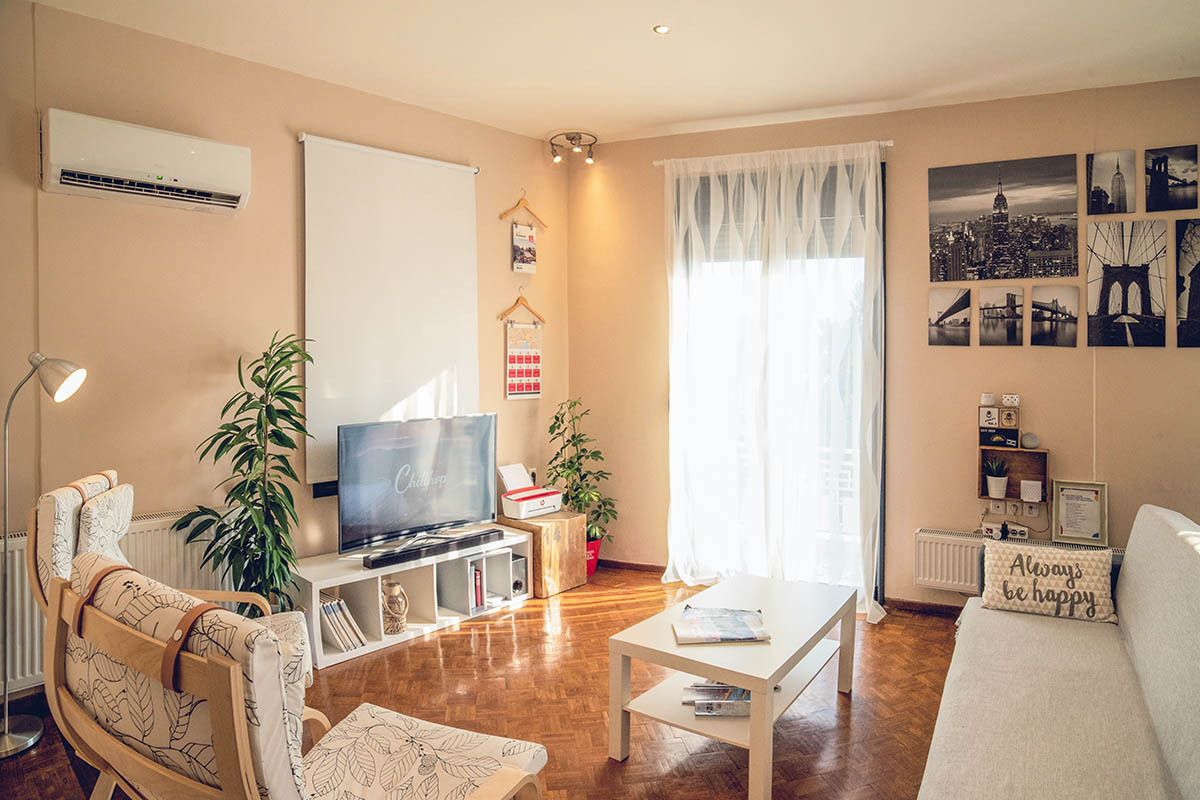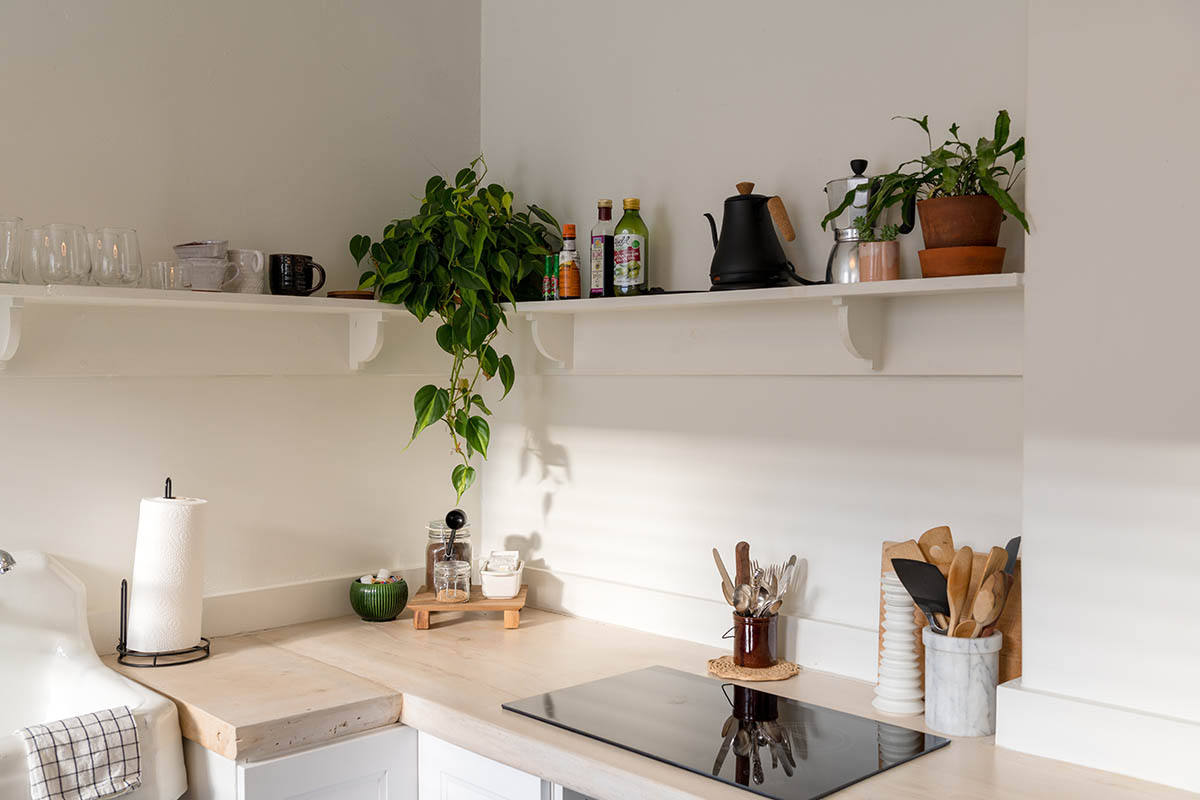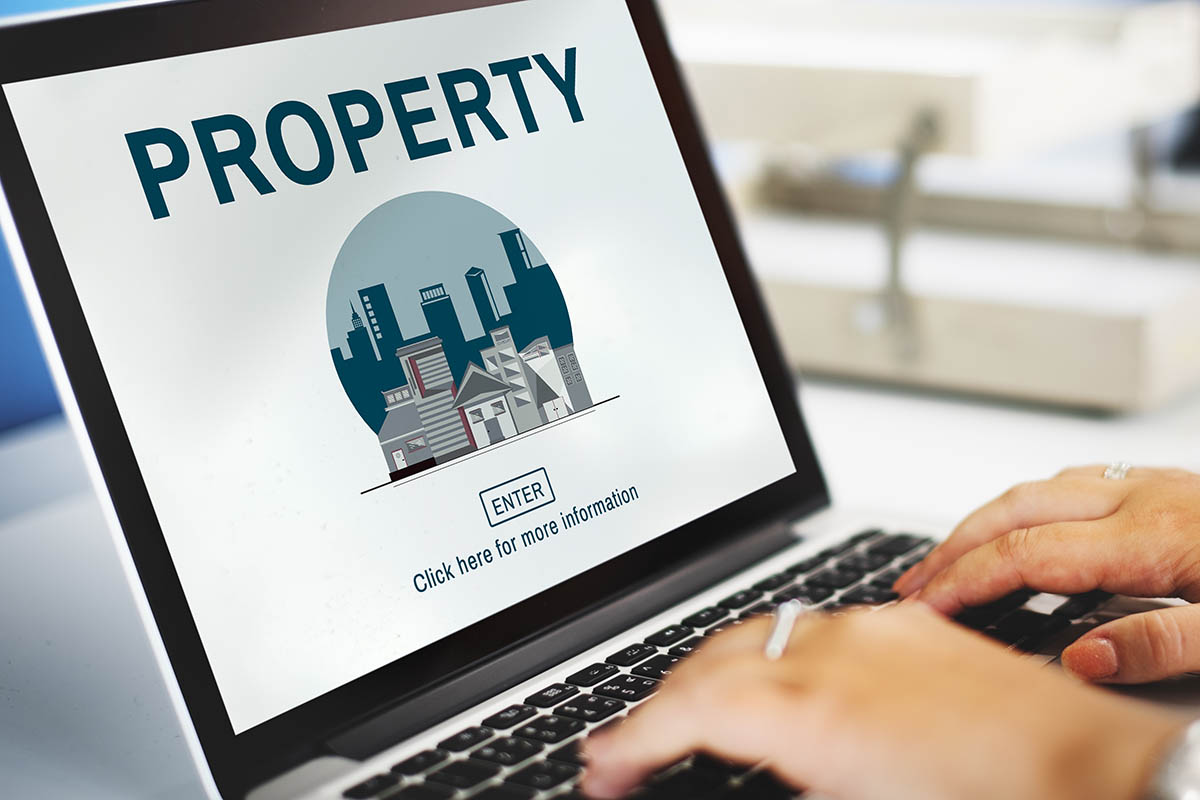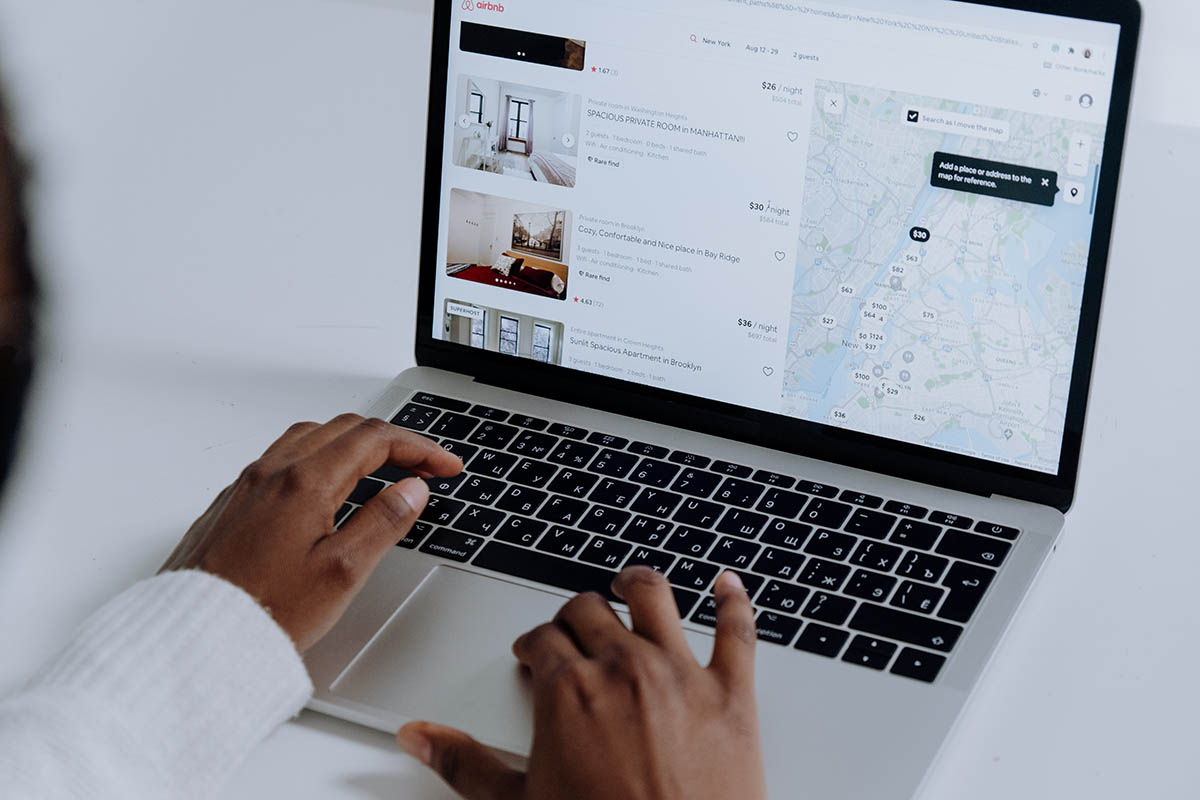Financial independence starts with getting passive income-generating assets. Investing in an Airbnb property is one of the best ways to achieve this. But with the expensive initial costs, risk of low occupancy, and several other factors, investing in an Airbnb requires extensive research—we’re here to help!
In this article, we’ll be discussing:
- If Airbnbs are still worth it this 2023;
- A step-by-step guide to finding the perfect Airbnb to invest in;
- Quick tips for beginners trying to break into the market.
Airbnb investment property: is investing in an Airbnb worth it this 2023?
Each investor is different, especially if we compare a seasoned real estate veteran and a beginner trying to break into the market. So, to help you determine if an Airbnb investment fits your risk appetite, here’s a list of pros and cons to consider:
Pros of Investing in an Airbnb
Having an Airbnb property gives you the following benefits:
- Higher revenue compared to long-term rentals: Owners can typically charge higher nightly rates, especially in prime locations. This can generate higher income than traditional rental properties.
- Automated rental management: Even for first-time property managers, vacation rental software allows automation of everything from booking to check-out and more.
- Low-cost listing management: Advertising on Airbnb’s platform won’t cost you as much giving you the freedom to spend on marketing in other channels.
Cons of Investing in an Airbnb
Despite the benefits you get, Airbnb properties also come with their fair share of cons such as:
- Frequent upkeep: Higher turnover rates mean more upkeep and daily hosting tasks. To keep up, you might need to hire a property management company. This might leave a dent in your revenue.
- Risk of low occupancy: Most Airbnbs are seasonal with highs and lows. During these lows, you’re at risk of low occupancy, meaning your Airbnb won’t perform as well.
- More expensive initial costs: Aside from buying the property, you have to flip it to be used as an Airbnb. Costs can include furniture, decoration, marketing, and more.
Step-by-step Guide to Finding the Best Airbnb Property
If you’ve already considered the pros and cons, here are the key steps you need to get your Airbnb business off on the right track:
Look for the Best Location
Before even looking at a property, you need to scout the location. Each area can have a different market. This affects the property’s price, the rates you can go for, and more. When looking for a location, ask yourself the following questions:
- Is the area popular with both tourists and locals?
- What’s the seasonality in the area?
- And, is the area you want to invest in desirable?
Ideally, you want to find a location where visitors come through all year round. Some areas have high peak seasons when there’s an event but have low occupancy rates when there’s none. Find a place where the occupancy rates are high for both city and neighborhood levels. Property in areas like these helps ensure the highest rental demand.
Research Airbnb Regulations
Short-term rentals have surged in popularity over the years. Local authorities across the globe imposed strict regulations in response to the industry’s overwhelming growth.
In some areas, Airbnb rentals aren’t even allowed. You might also get issues when trying to turn a non-owner-occupied property into an Airbnb rental. So, after finding the perfect location to buy an Airbnb property from, research the regulations governing short-term rentals. The last thing you’d want is to face legal and financial penalties.
Analyze Data from Airbnb and Real Estate Properties
After researching the location and regulations, you can look deeper into the specifics of the neighborhood, zip codes, and neighboring markets using specialized software for real estate investment management. You can use lots of real estate software to do this for you. You want to use one that lets you:
- Analyze average revenue and occupancy.
- Quarterly growth.
- Amenities near the property’s location.
- Rental Rates.
- Average revenue.
Strategize Budget and Estimate Investment Income
Once you’ve done data analysis for factors like location and competition, you can now strategize a budget and a realistic estimate for your investment income. Then, you can use tools like Zillow to zero in on properties that fit your criteria. You can also use Airbnb calculators to get you a rough estimate of your potential income. Here’s an example of an Airbnb investment property from Airdna:
Set the Right Price for your Airbnb
After you’ve done your due diligence, it’s time for you to set the price for your Airbnb rental property. Pricing greatly impacts how profitable your Airbnb can be. Set it too high, and you might not have any takers, too low, and there’s a possibility that you won’t have good ROI. A great way to set your price is by looking at similar Airbnbs near your area. You can also adjust rates accordingly when there are seasonal events, travel trends, and more.
Best Practices For Airbnb Beginners
Navigating the ins and outs of Airbnb rentals might be daunting, especially for beginners. If you’re just starting out in the short-term market, look into the following:
Airbnb Investment Property: Use Real Estate Tools
Doing analysis can take hours if done manually. So, leverage tools that can help you streamline and optimize the research process. You can use platforms like AirDNA or Mashvisor and use their intuitive calculators.
Hire an Agent
If you’re a beginner, hiring an agent can provide you access to the best deals in an area. They’re also good with negotiations and can possibly get your property for a lower price. Plus, they can give insight or advice on the best neighborhoods to invest in, what property types to buy, and the local laws you need to know.
Airbnb Investment Property: Key Takeaways
If you’re planning to get into the short-term real estate market, flipping a property into an Airbnb rental is a great way to generate passive income. But before spending time and resources, consider the following:
- Always do extensive research on the location first.
- Look into Airbnb or short-term rental regulations in the area.
- Analyze data and do competitor research so you can strategically budget and price your rentals.
- Hiring or working with an agent can streamline how you look for property.
- Consider other costs such as upkeep and maintenance.




















